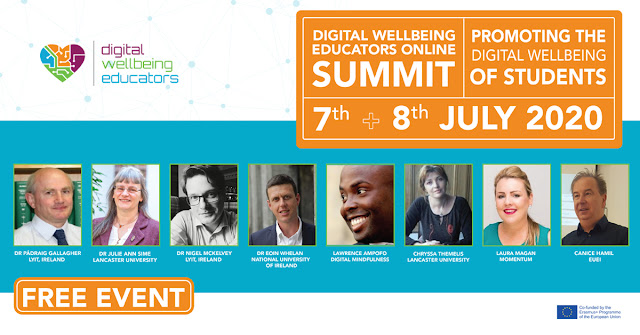Call for Papers - Dismantling Systemic Racism in Archives and Record-Keeping Practices, Archives and Records Special Issue
 |
Archives and Records |
Call for Papers
Dismantling Systemic Racism in Archives and Record-keeping Practices
Archives and Records Special Issue, 42:3 (November 2021)
Editors: Norma Gregory, Victoria Hoyle, Sarah-Joy MaddeauxThe social, economic and personal impacts of systemic racism are traumatic and profound. The protests seen around the world in the wake of the murder of George Floyd in Minneapolis on 25 May 2020 reflect the deep and persistent effects of racial inequity in global society. They have again highlighted the roots of injustice in political, social and cultural systems of oppression, which activist movements like Black Lives Matter have sought to dismantle.
It has long been recognised that archives, archival institutions and record-keepers are implicated in how racism operates and reproduces in society. Verne Harris and Michelle Caswell have described archives’ relation to dominant systems of power, whilst Jarrett Drake, Tonia Sutherland and Jamila Ghaddar have called for recognition of the inherently racist, oppressive and discriminatory nature of many archival institutions and record-keeping practices. In the UK, Black Archives and archivists of colour have persistently drawn attention to the ongoing impacts of racism and colonialism. A 2020 UK petition asking practitioners to commit to dismantling systemic racism received 1708 signatures on Change.org, articulating collective and individual responsibilities to effect change in the profession.
Nevertheless, discussions of systemic racism, white privilege, white supremacy, justice and equity continue to be controversial in the record-keeping field. Wide-ranging implications arise from questions such as:
- How have archives and archival institutions contributed to the systemic oppression of people of colour?
- How is archival theory and practice challenged by Black Lives Matter and other protest and justice movements?
- What role do record-keeping practitioners and educators play in perpetuating or dismantling systemic racism?
- What kinds of action and labour are required to dismantle systemic racism and to reconstruct an equitable and just archives and records field?
- To what extent do white privilege and white supremacy impact on archival spaces and understandings of what archives are and do?
- Are models and frameworks for reparation, restitution and justice transferable and valuable for archives?
- Are calls to ‘diversify the profession’ and ‘decolonise the archive’ sufficient impetus to change? How successful have such programmes been?
- What is the relationship between archival institutions and archival activism led by Black and Indigenous people, and people of colour?
- How is digital technology and social media impacting on documenting anti-racist action, protest and organisation? Is this documentation making its way into permanent archival collections available for public reference?
- How has television and radio programming (for example, BBC2 ‘The Unwanted: The Secret Windrush Files’ by David Olusoga) illuminated the nature, practice and concerns around the presentation (or inaccessibility/disposal) of colonial archive records?
- To what extent should legal or professional frameworks around record-keeping practice be reviewed?
The editors invite papers on any aspect of racism and anti-racism in the archive. Contributions might consider, but need not be confined to, the following themes:
- Histories of racism and anti-racism in record-keeping
- Decolonising the archive
- The intersection of critical race studies and archival theory
- Archival activism and community archives led by people of colour
- Collecting and curating protest and activist movements for racial justice
- Frameworks and models for dismantling systemic racism in the record-keeping field
- Reparation, restitution and transitional justice
- Intersections of race, gender, sexuality and class.
We particularly welcome submissions from people of colour, and those from marginalised communities.
Expressions of interest should be approximately 500-1000 words and contain a brief outline of the proposed article. The editors invite prospective authors to contact them to discuss their ideas informally before the deadline. The editors will also work with prospective authors who do not have experience of writing academic articles to prepare a paper for publication. We will contact all contributors to discuss their proposal by the end of October 2020.
The deadline for draft papers, for authors who would like editorial feedback prior to final submission, will be 28 February 2020. Completed papers will be due by 2 April 2021. All submissions will be double-blind peer reviewed prior to acceptance for publication, and both authors and reviewers will remain anonymous throughout the process.
We anticipate the special issue will be published in November 2021, in both online and print formats.
Sarah-Joy Maddeaux
My source:
records-management-uk AT jiscmail.ac.uk














 orcid.org/0000-0002-0192-8965
orcid.org/0000-0002-0192-8965